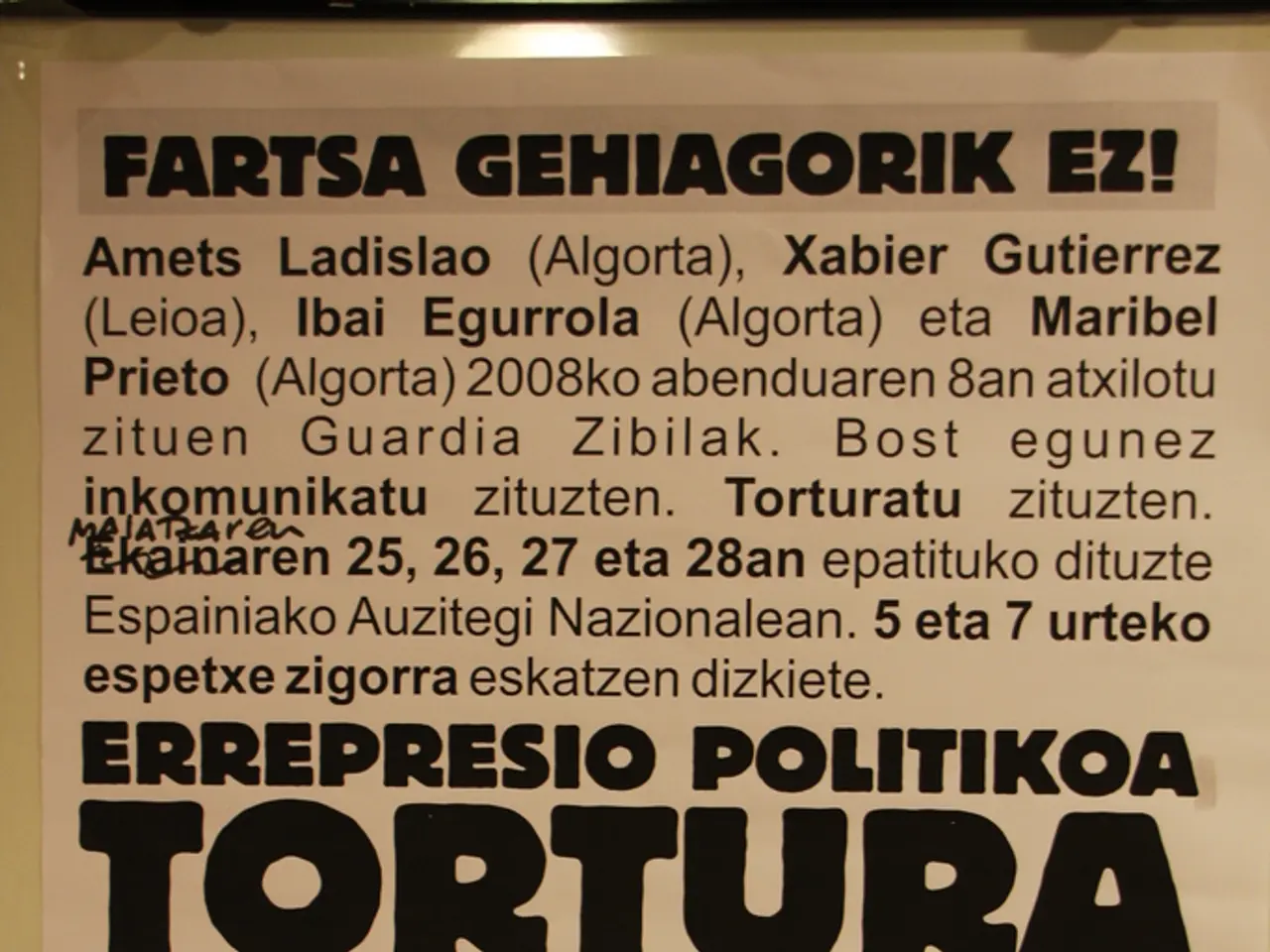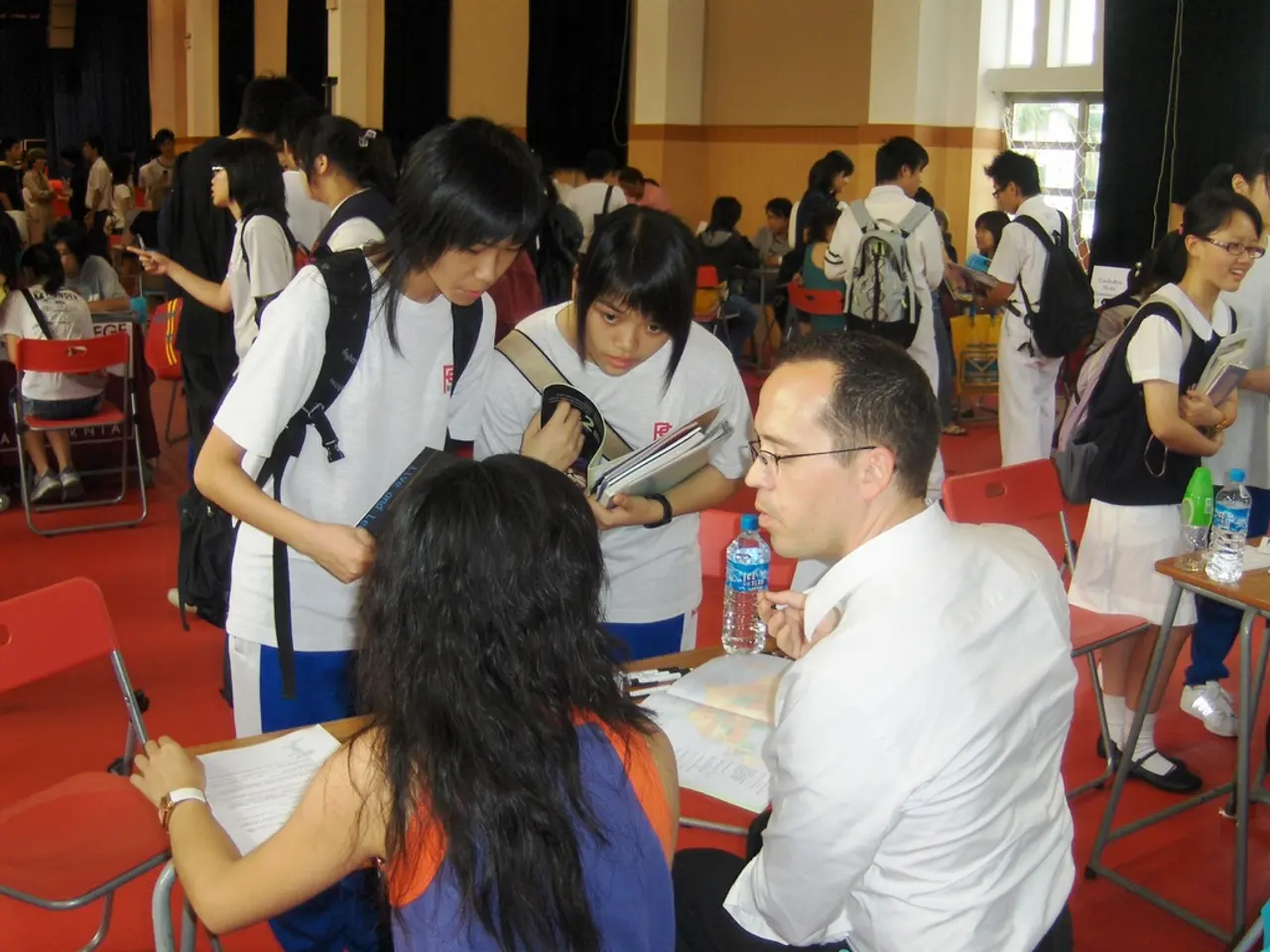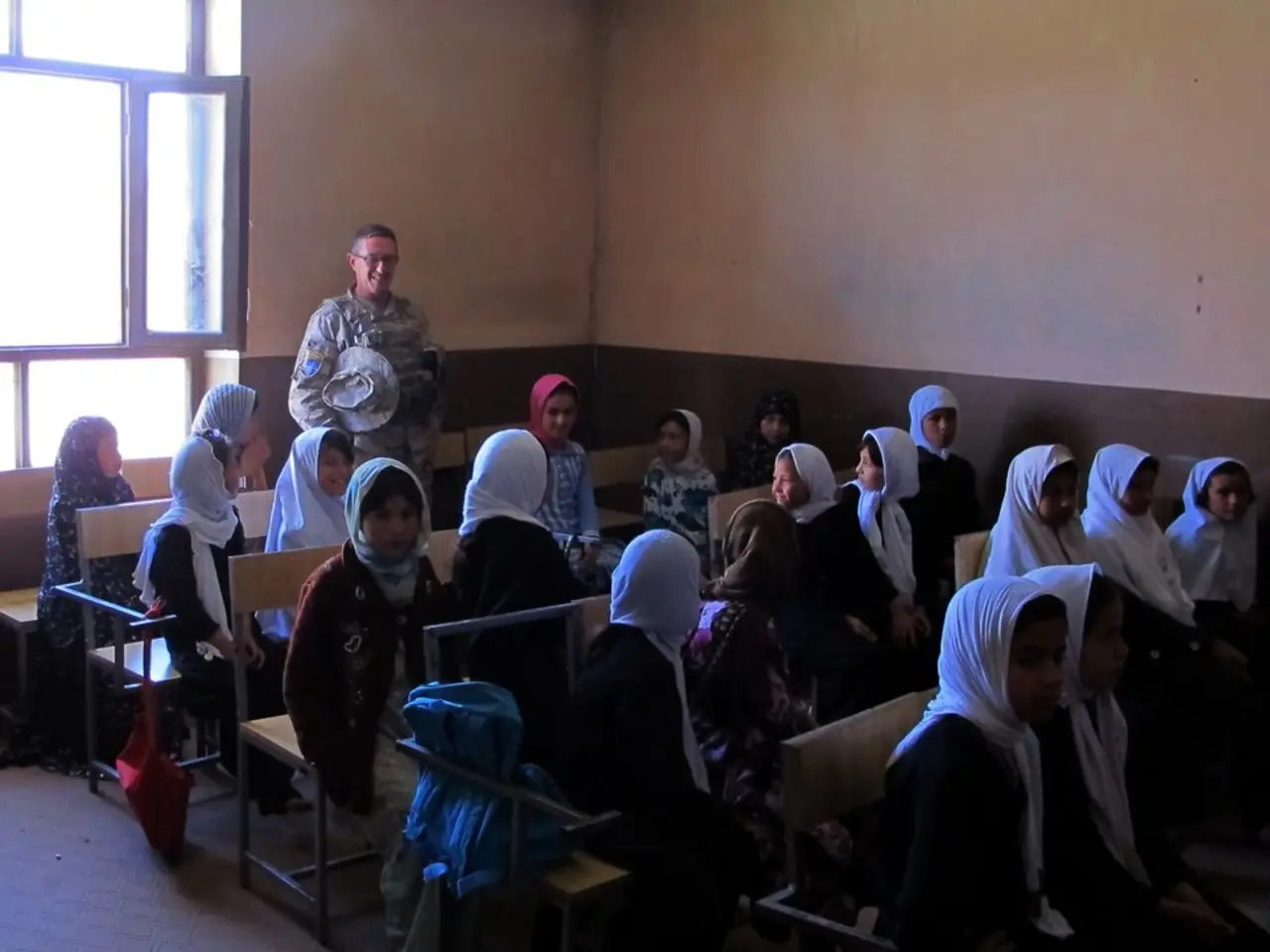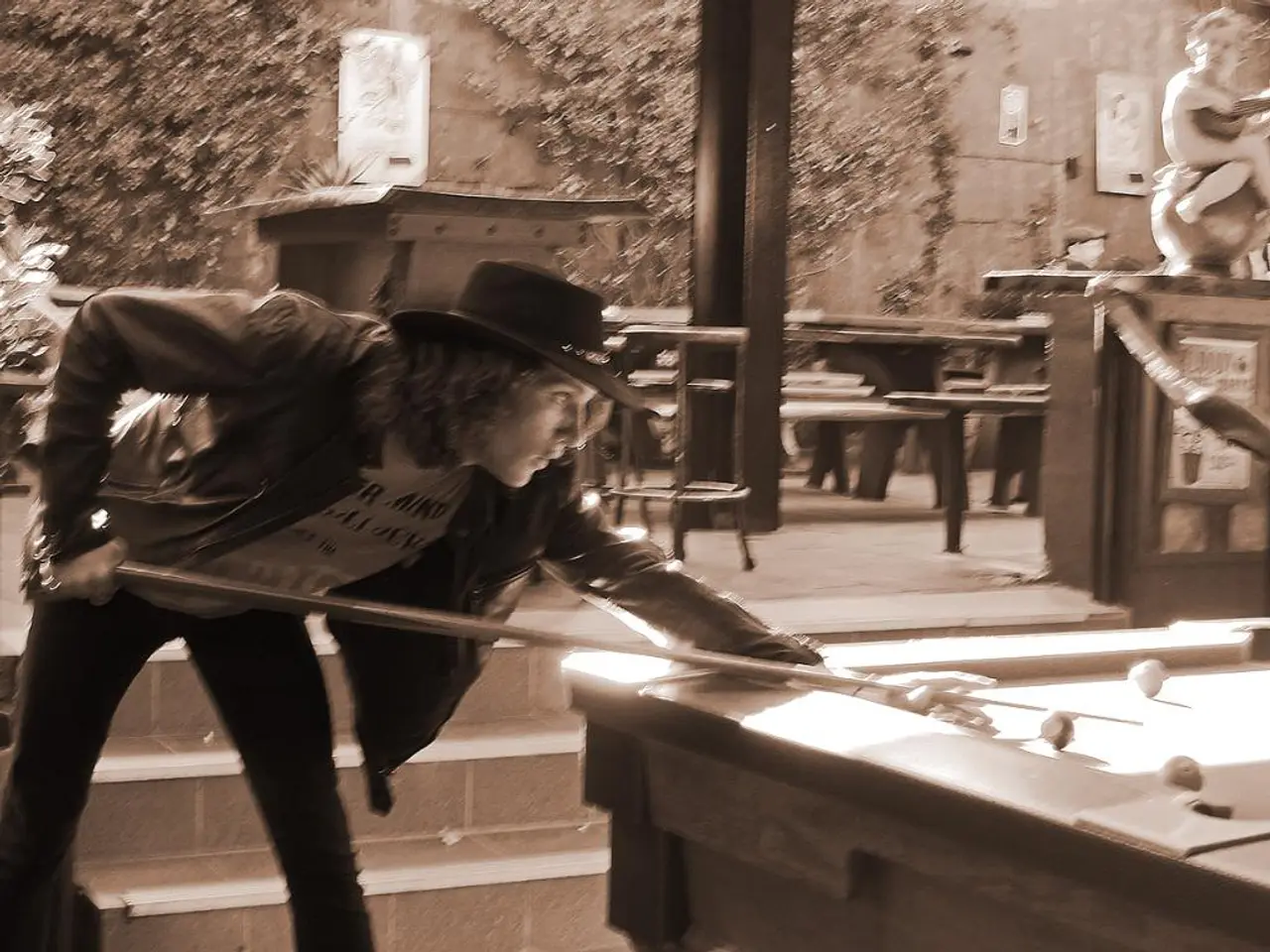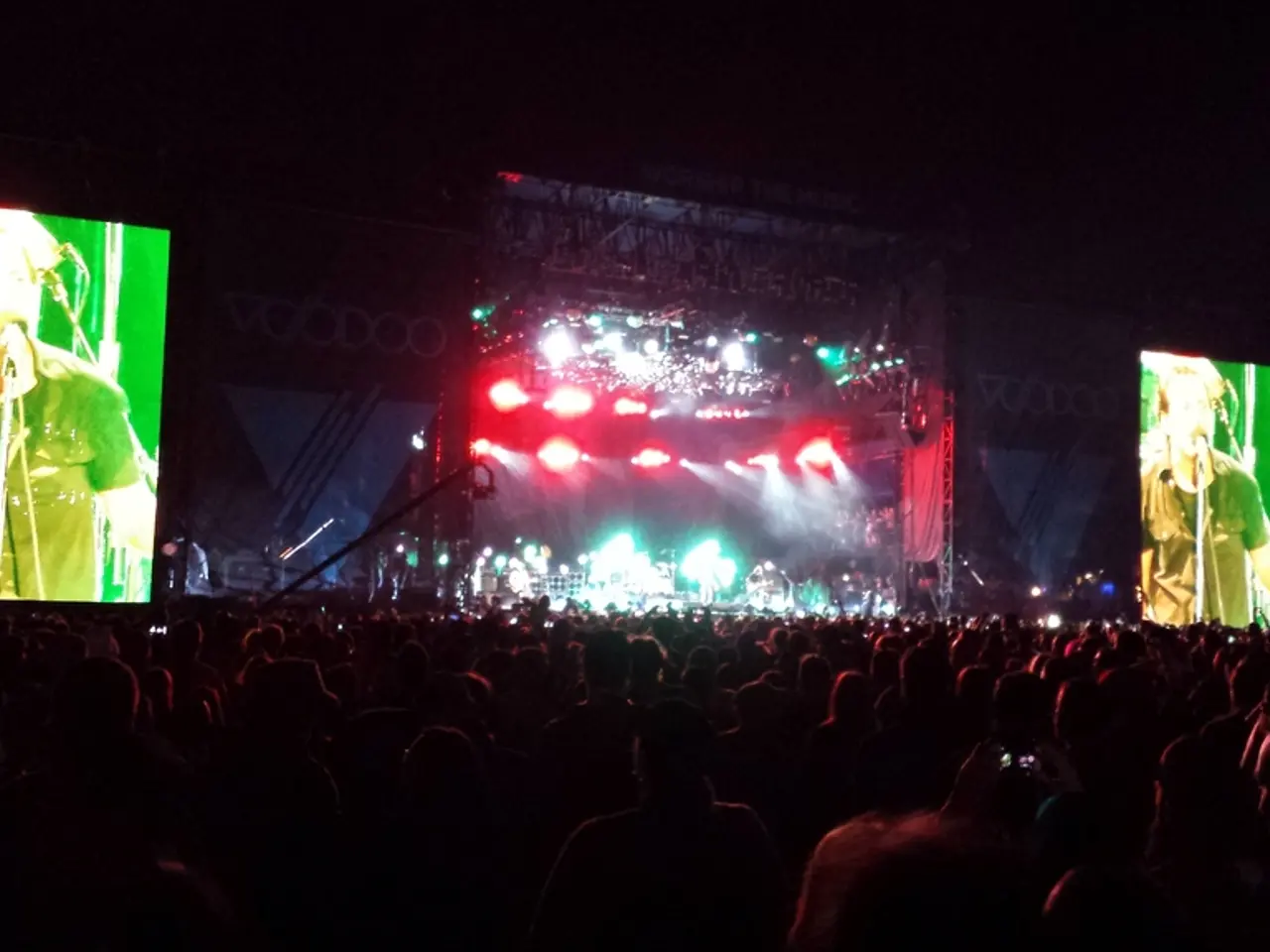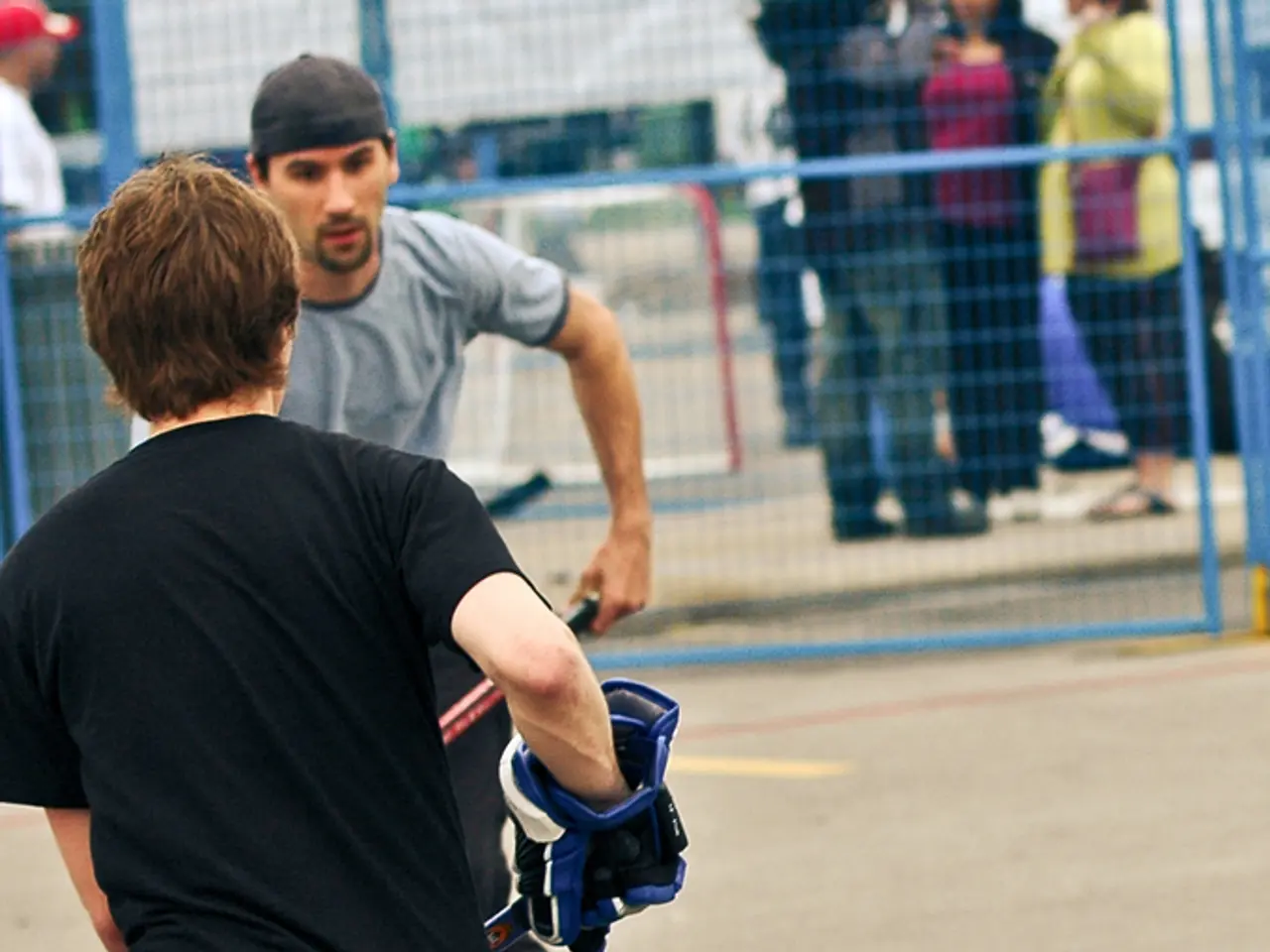EU Refuses to Endorse Outcomes of Venezuelan Voting Process
European Union Refuses Recognition of Venezuela's Parliamentary Elections
The upcoming parliamentary elections in Venezuela have been met with criticism from the European Union, with the Union not announcing any recognition of the result. This stance is shared by Jürgen Hardt, foreign policy spokesman of the CDU/CSU parliamentary group, who has labelled the elections a "farce."
Hardt's criticism stems from concerns about the legitimacy of the elections, citing significant democratic backsliding and pervasive repression under President Nicolás Maduro's government. The EU has consistently condemned electoral processes in Venezuela that exclude or marginalize genuine opposition candidates and are marked by irregularities and political persecution.
The CDU politician has emphasized that the European Union and the international community do not recognize these elections as free or fair. He has urged states that support the Maduro regime, specifically Russia, China, Iran, and Turkey, to end their support.
Maduro's regime has replaced the leadership of parties that won the last free and fair elections in 2015 with government orders, a move that has been widely criticized as an attempt to delegitimize his opponents. The largest part of the opposition in Venezuela is boycotting the upcoming parliamentary election, leading to expectations of a low voter turnout.
Jürgen Hardt has expressed his belief that Maduro should be ready for "real free, fair, and internationally observed elections" and give up power. He has also accused Maduro of trying to deny legitimacy to the "constitutional interim president" Juan Guaidó with the "arbitrarily scheduled elections."
Guaidó remains the "only legitimate representative" of the Venezuelan population, according to Hardt. He has called on the European Union and the international community to send a clear signal that Maduro has no legitimacy for them, coordinating with partners like Canada, the United States, and others to pressure the Maduro regime.
Maduro and his accomplices bear the responsibility for the current state of the country, according to Hardt, with more people fleeing Venezuela than during the civil war in Syria. He has urged the EU and the international community to support accountability efforts for human rights abuses and seek a negotiated return to democracy in Venezuela, opposing the authoritarian practices linked to Maduro's regime.
The EU continues to support these efforts, coordinating with partners to pressure the Maduro regime through diplomatic, economic, and legal means, including backing investigations by the International Criminal Court into crimes against humanity committed after the 2024 elections. The parliamentary elections in Venezuela are scheduled for Sunday.
- Other world powers, such as Russia, China, Iran, and Turkey, continue to recognize Maduro as the leader of Venezuela despite the European Union's denouncement of the elections' legitimacy.
- As the elections approach, political news and discussions are centered around the migration crisis, war-and-conflicts, and crime-and-justice issues in Venezuela, with many emphasizing the need for policy-and-legislation changes to address the humanitarian crisis.
- Jürgen Hardt, the foreign policy spokesman of the CDU/CSU parliamentary group, has appealed to the international community for unified action against the Maduro regime, urging them to uphold the principle of democracy and avoid recognizing any results stemming from the upcoming elections in Venezuela.
